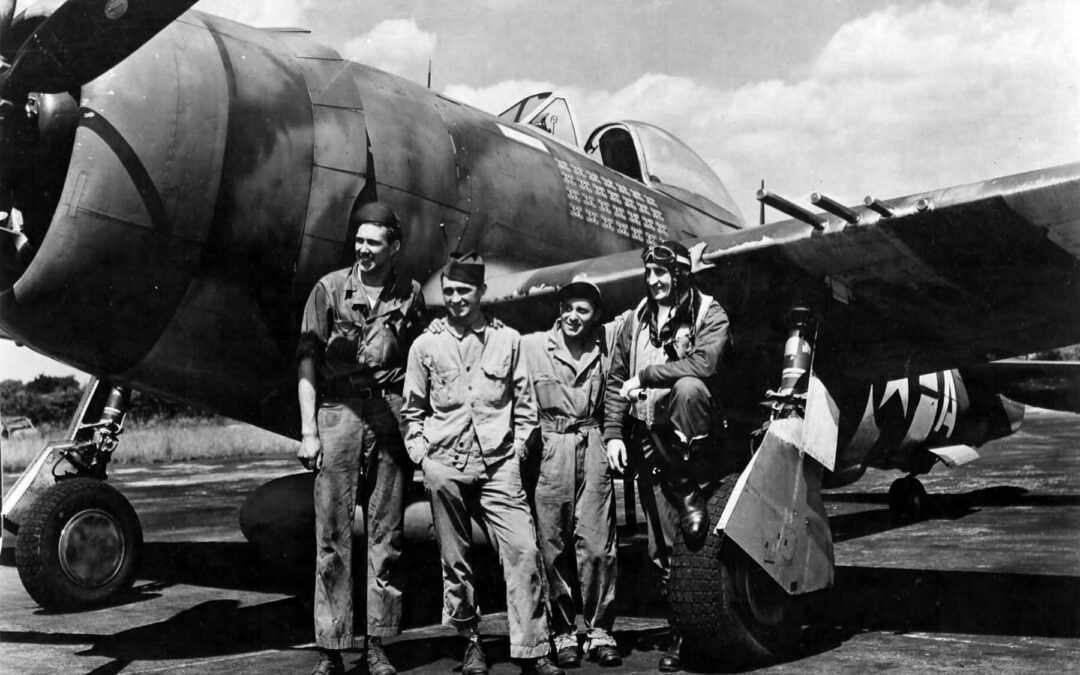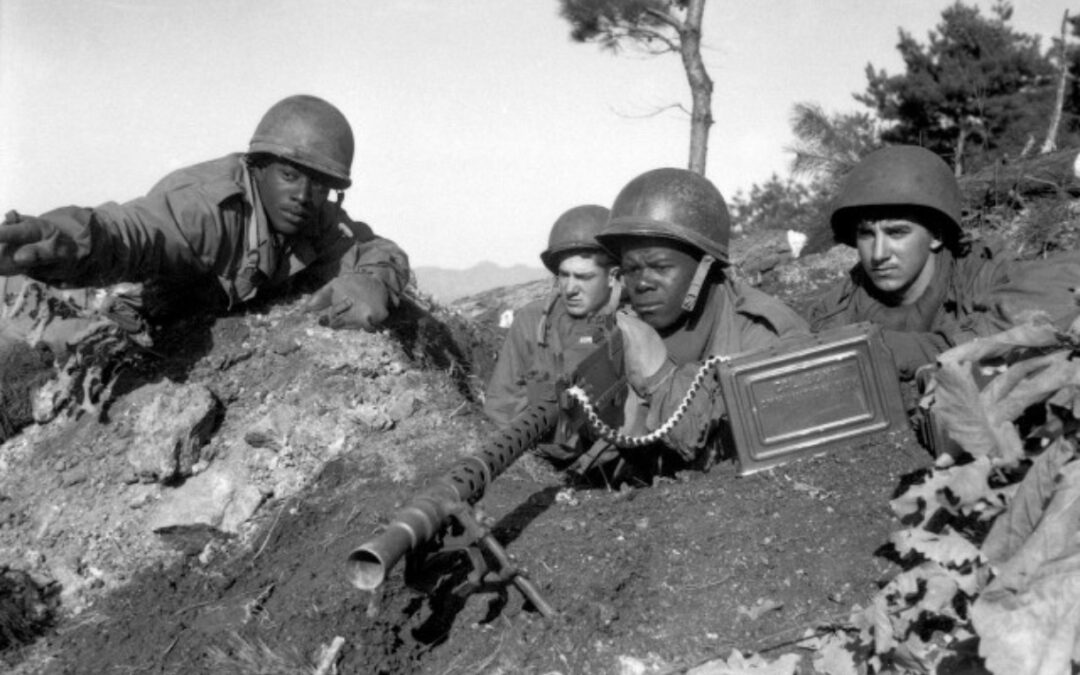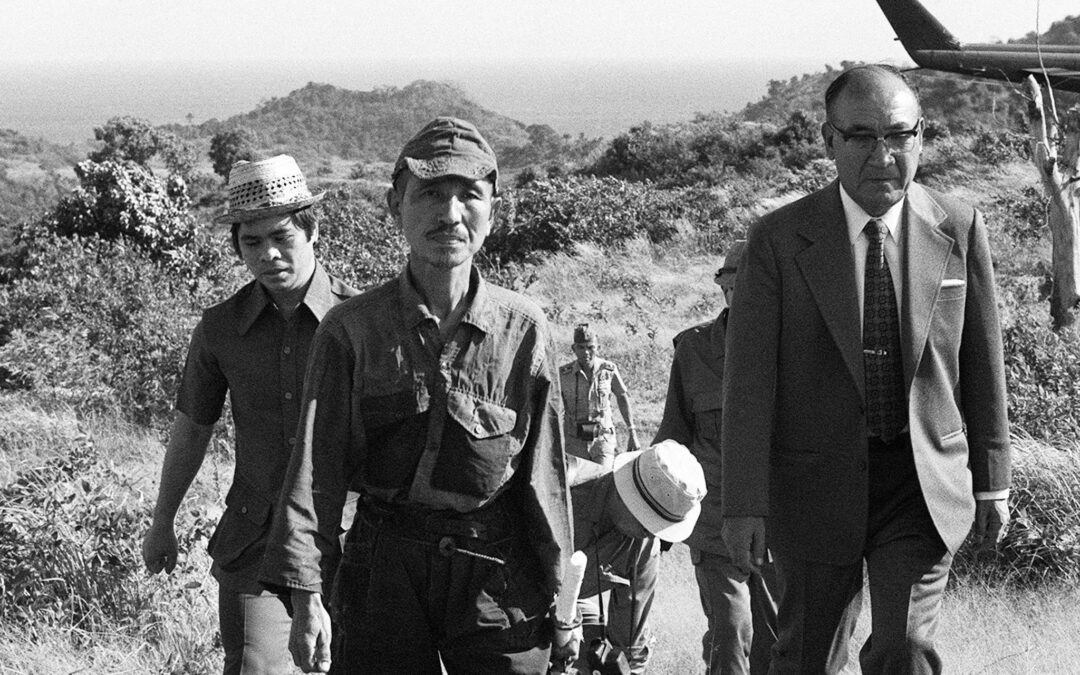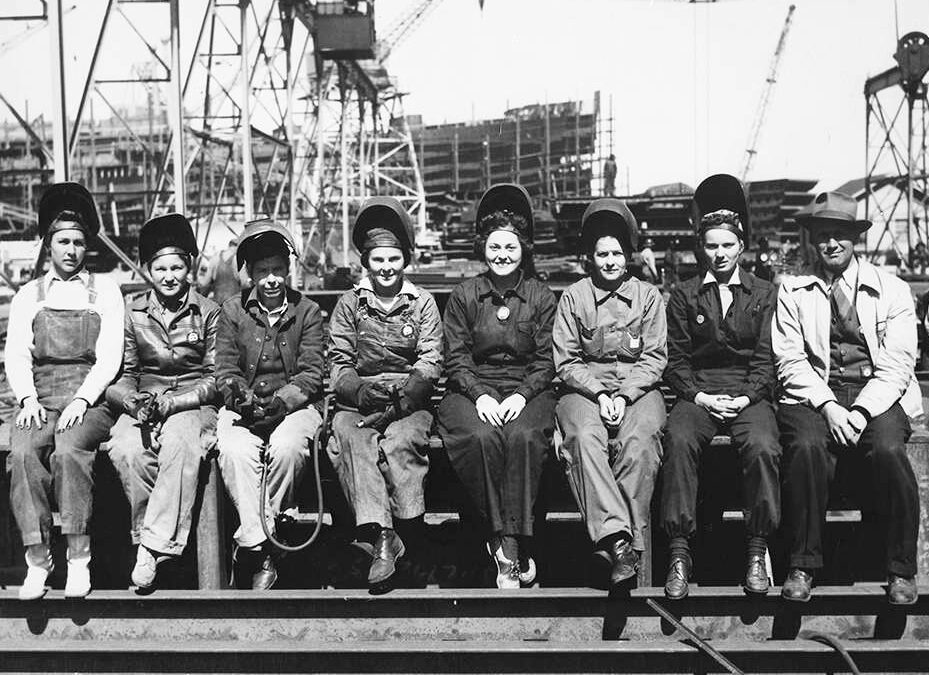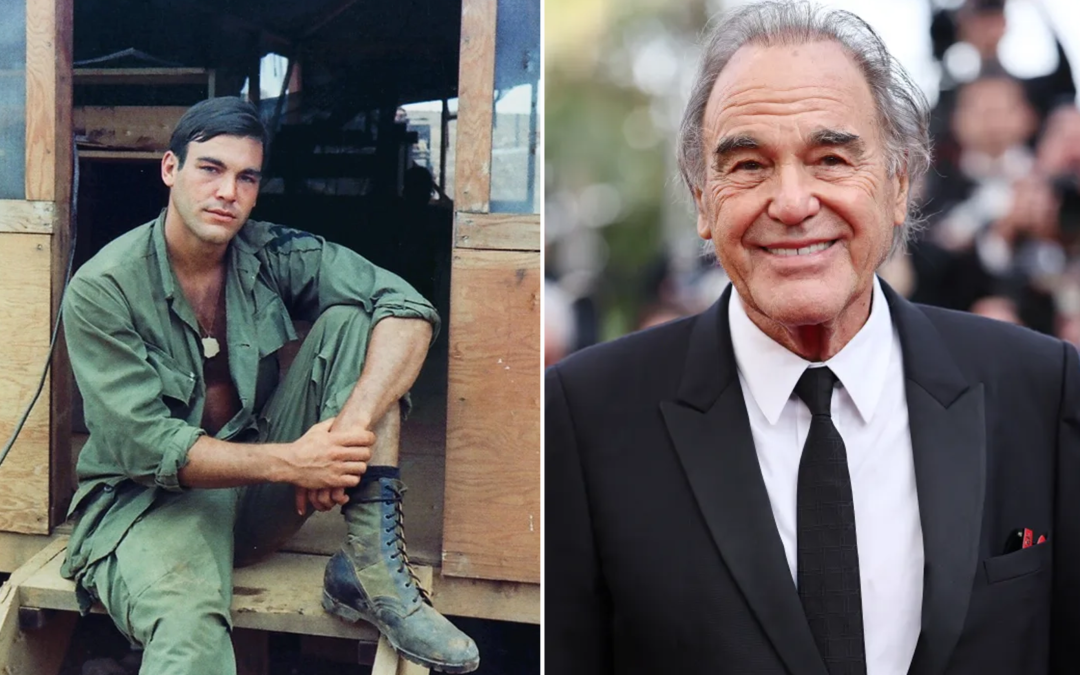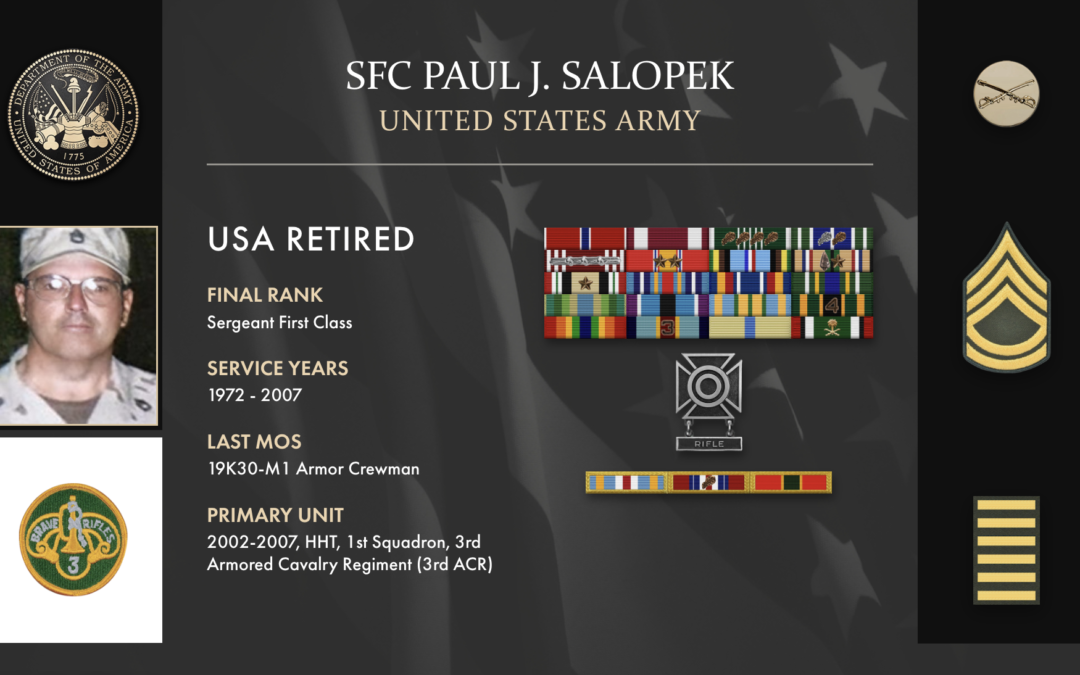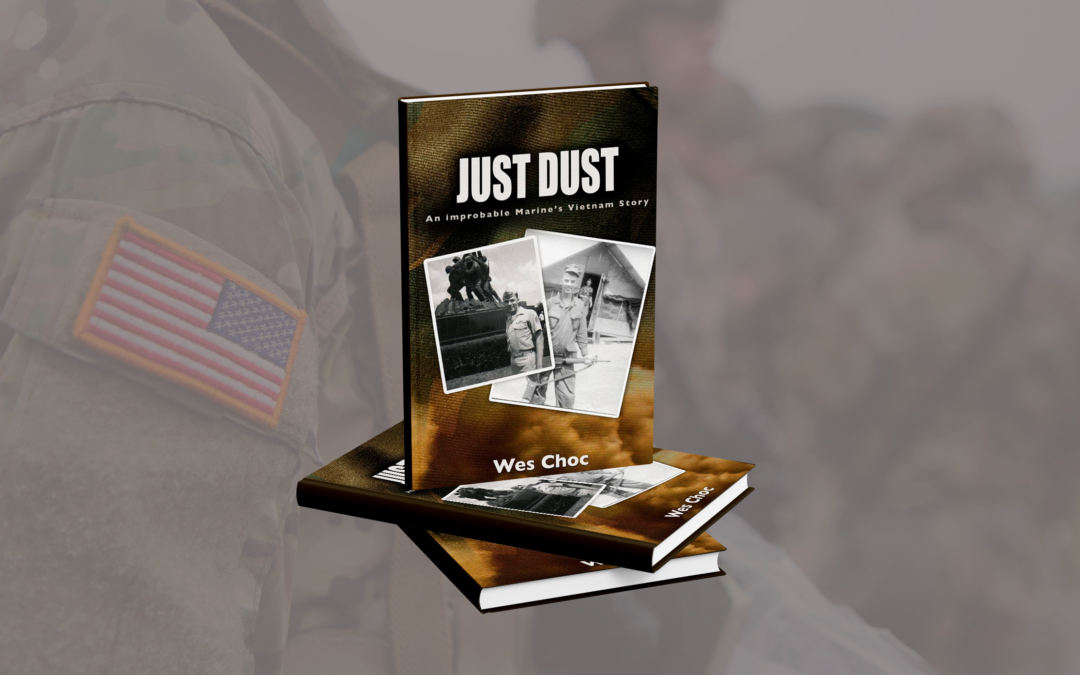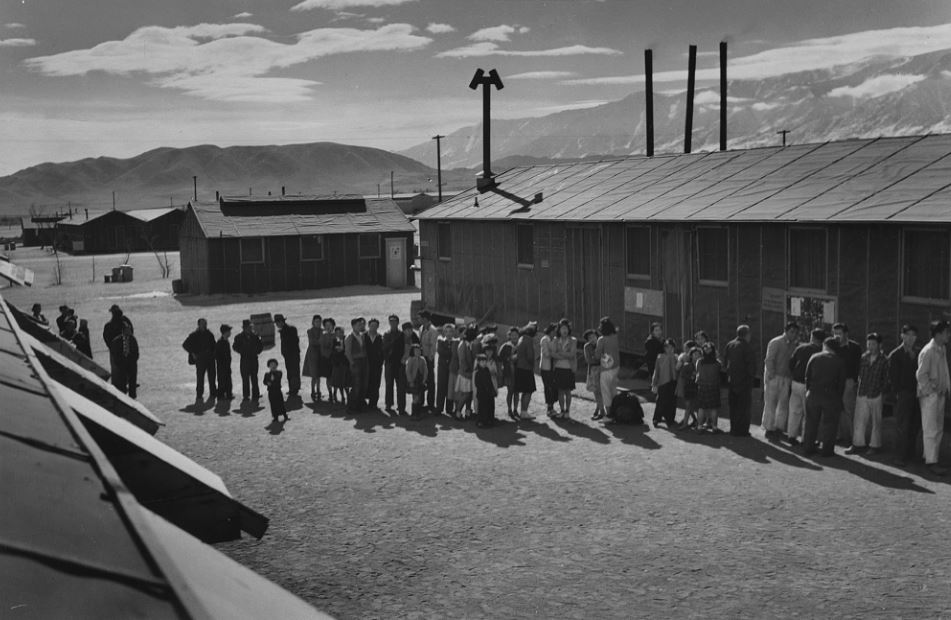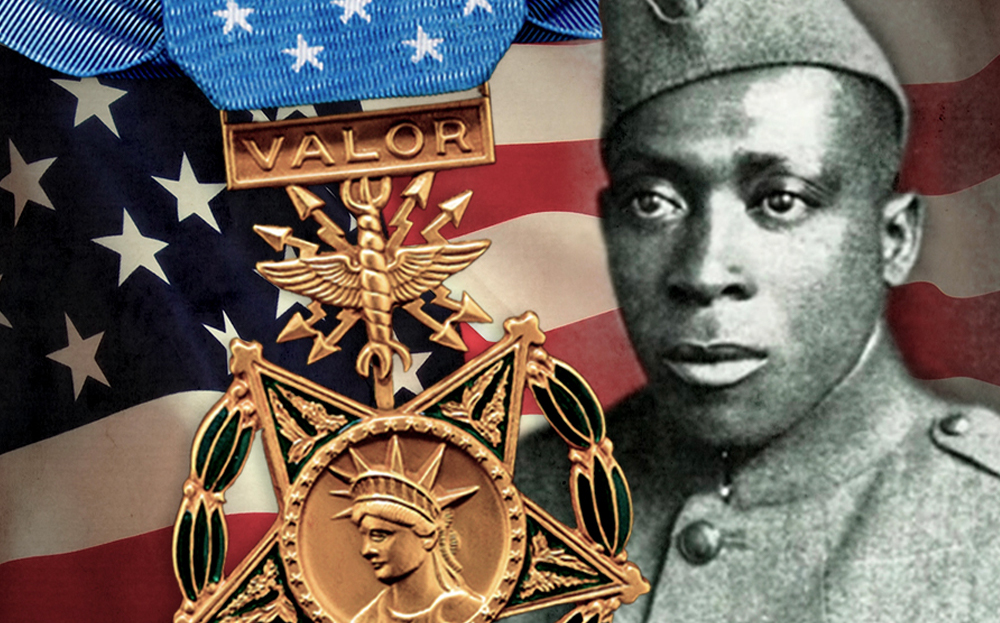This storied unit, “Zemke’s Wolfpack,” by itself is represented on Air Force TWS with sixty-four registered members. However, its history with, currently, sixty-eight other numerically associated air and ground units (e.g. Wing, Supply, Medical, etc.) includes hundreds more airmen under and bearing the original insignia right up to the present time with 56th OG. A summary of its full parent lineage, not including subordinate squadrons, would include: AAC 56th Pursuit group 1940-41, then the AAF 56th FG itself until 1946, redesignated 56th Fighter Interceptor Group 1950-52, 56th Fighter Group (Air Defense) 1955-1961, 56th Tactical Fighter Group 1985-1991, and 56th Operations Group 1991- present.
